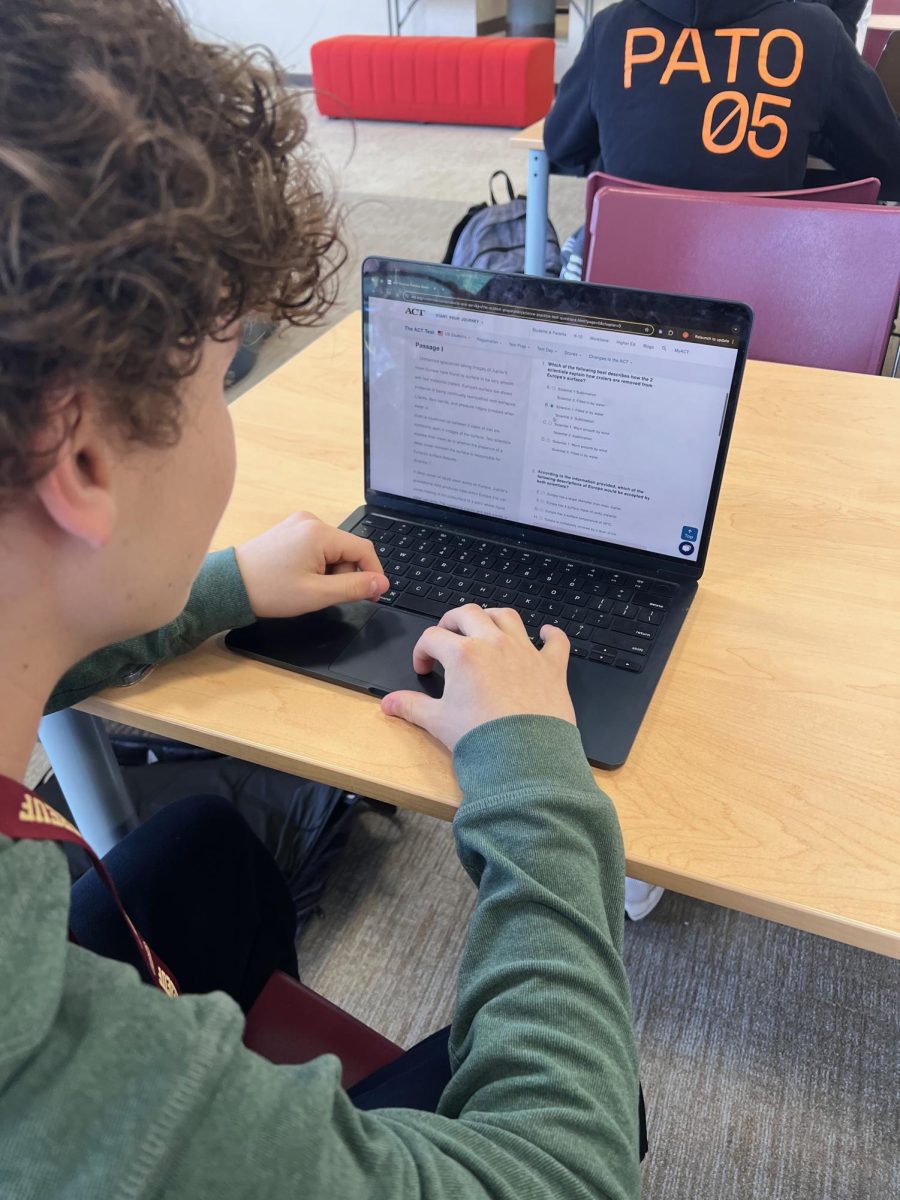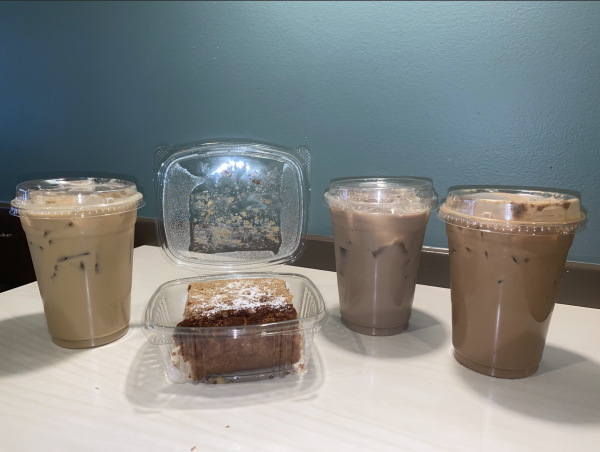“Preppers” Plan for the Worst
September 27, 2015
Imagine the end of the world. People running and screaming. Terror fills the eyes of those who do not know where to go or what to do.
Whether it is nuclear war, a viral pathogen, or even just civil unrest, almost everyone has an image in their head of the end of our world, or at least the end of our civilization.
Who would survive this horrible catastrophe? Who could do what it takes to insure their own survival, and the survival of the human race?
Enter the mindset of a prepper, someone who “preps” (prepares) for the social upheaval and chaos that would be part of many natural disasters or end-of-world scenarios. Their hope is that humanity can survive whatever major catastrophe faces us next, if the proper preparations are taken.
In the Brebeuf community, there are several teachers who consider themselves preppers. In a recent interview, Spanish teacher Rebeca McNealy echoed one of the most common pieces of apocalyptic advice: surviving the initial disruption is the most important component of surviving for much longer afterwards. Preppers point to scenarios in which grocery stores would quickly run out of food and electrical plants might cease operation.
“The first couple of weeks are very important. A lot of people will die during the first two weeks because they weren’t prepared for what was happening,” McNealy stated. “One of the most important things to do at the beginning is get to your family so that you can survive together.”
If those first two weeks occurred while school was in session, McNealy has a plan. “If something happened where we could not leave the school building, we would have to very quickly assess how much food is in the cafeteria… we would have to see if we could purify water from the stream behind the school.”
After the initial chaos of a doomsday scenario calmed down, McNealy believes the most important thing would be finding a community to work with. “You need to get with your family unit where you have your resources. Then you start finding and creating communities to rebuild. It’s hard enough to survive when you’re prepared, if you’re not prepared, then you’ll need a good number of people to survive and rebuild. ”
Although many might call prepping crazy, McNealy had a response for those who think prepping is irrational.
“It’s never crazy to plan ahead for things to be bad,” she said. “If something happened where we just couldn’t find gas, all sorts of things would fall apart very quickly. You don’t need to have a bunker in the wood where you try and survive for years, you can just be prepared to survive a few weeks before the world gets back to normal.”
Kris Schwickrath, a Latin teacher at Brebeuf, is another doomsday prepper who farms in case she needs to survive. “I grow plants, I have learned how to can, and I raise chickens, which are very easy to raise, for the eggs.” Schwickrath believes that one of the most important tools for survival is a water purifier. “I have an expensive and very efficient water purifier. It can take water from almost any source and purifier it down to drinking water.”
When asked about what she would do if a catastrophic event happened at Brebeuf, Schwickrath said: “The most important thing, if we were trapped in the school, would be to establish a chain of command and make sure that everyone has a role. I would hope that I could help out in some way, whether that be a leadership role or just making sure that everyone remained calm.”




